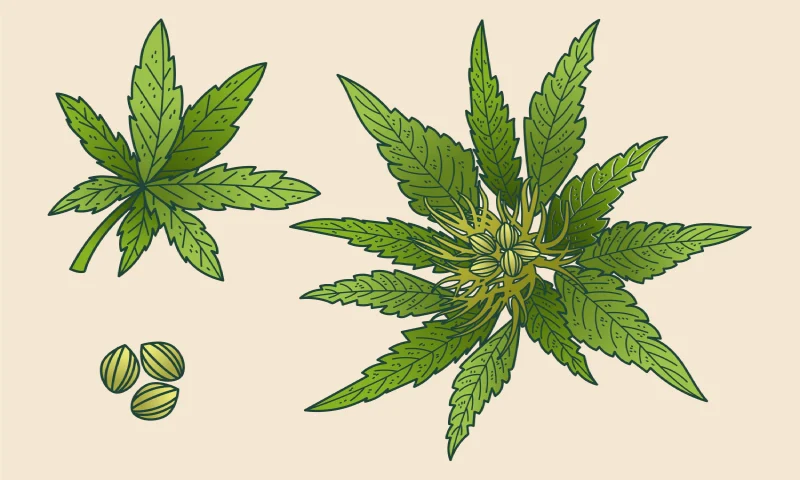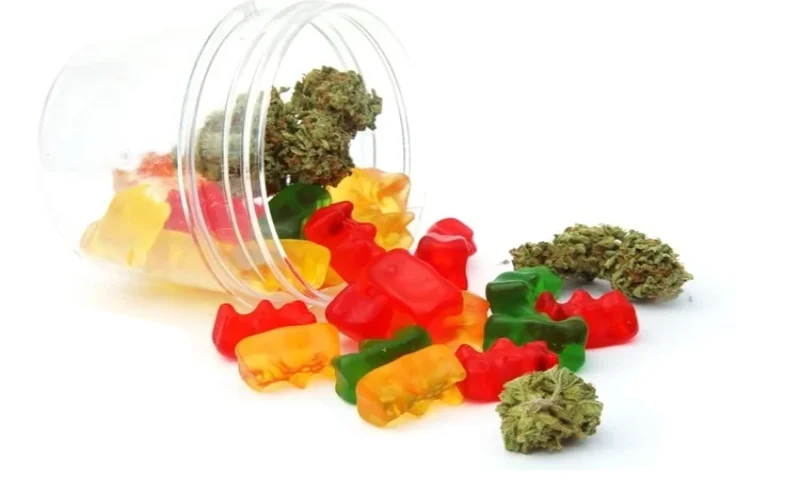In the intricate dance of corporate governance, the role of a company director holds paramount importance. These individuals steer the course of the organization, shaping…
View More Finding the Perfect Fit: The Art of Company Director SearchTHCA and Anxiety: Can Cannabinoids Offer Relief?
In the realm of alternative wellness, cannabinoids have gained significant attention for their potential therapeutic benefits. Among the myriad of cannabinoids found in the cannabis…
View More THCA and Anxiety: Can Cannabinoids Offer Relief?How to Consume THC-O Flower: A Comprehensive Guide with Nirvana Organics
Introduction: As the cannabis market continues to evolve, THC-O Flower has emerged as a novel and potent option for enthusiasts seeking a unique experience. In…
View More How to Consume THC-O Flower: A Comprehensive Guide with Nirvana OrganicsSupplier Diversity Programs in the UK: Unlocking Potential
In the heart of UK businesses, a movement is gaining momentum: supplier diversity programs. This initiative transcends mere procurement practices; it’s about actively seeking out…
View More Supplier Diversity Programs in the UK: Unlocking PotentialUK Company Search: A Beginner’s Guide
Starting a business in the UK is an exciting venture, but before you dive headfirst into the world of entrepreneurship, there’s crucial groundwork to be…
View More UK Company Search: A Beginner’s GuideThe Main Types of Mortgage Lenders?
With so many options, choosing a mortgage lender can feel overwhelming, especially when considering the various types of mortgage lenders, such as retail lenders, direct…
View More The Main Types of Mortgage Lenders?Due Diligence Essentials: Why You Should check Company Directors
In today’s interconnected world, navigating business partnerships and investments demands meticulous research and proactive risk mitigation. Conducting thorough due diligence, especially on the individuals leading…
View More Due Diligence Essentials: Why You Should check Company DirectorsDataGardener Unleashed: A Deep Dive into the Future of UK Company Search
In the dynamic realm of business intelligence, the future of UK company search is undergoing a profound transformation, and at the forefront of this evolution…
View More DataGardener Unleashed: A Deep Dive into the Future of UK Company SearchDelta 9 Edibles: A Flavorful Journey to Elevated Relaxation
In the ever-evolving landscape of cannabis consumption, Delta 9 edibles have emerged as a delightful option for those seeking a flavorful journey to elevated relaxation.…
View More Delta 9 Edibles: A Flavorful Journey to Elevated RelaxationWhat Are the Three Main Types of Lending?
Introduction Lending involves providing funds to individuals, whether men, women, or any other person, with the anticipation of repayment, usually accompanied by interest. It forms…
View More What Are the Three Main Types of Lending?









